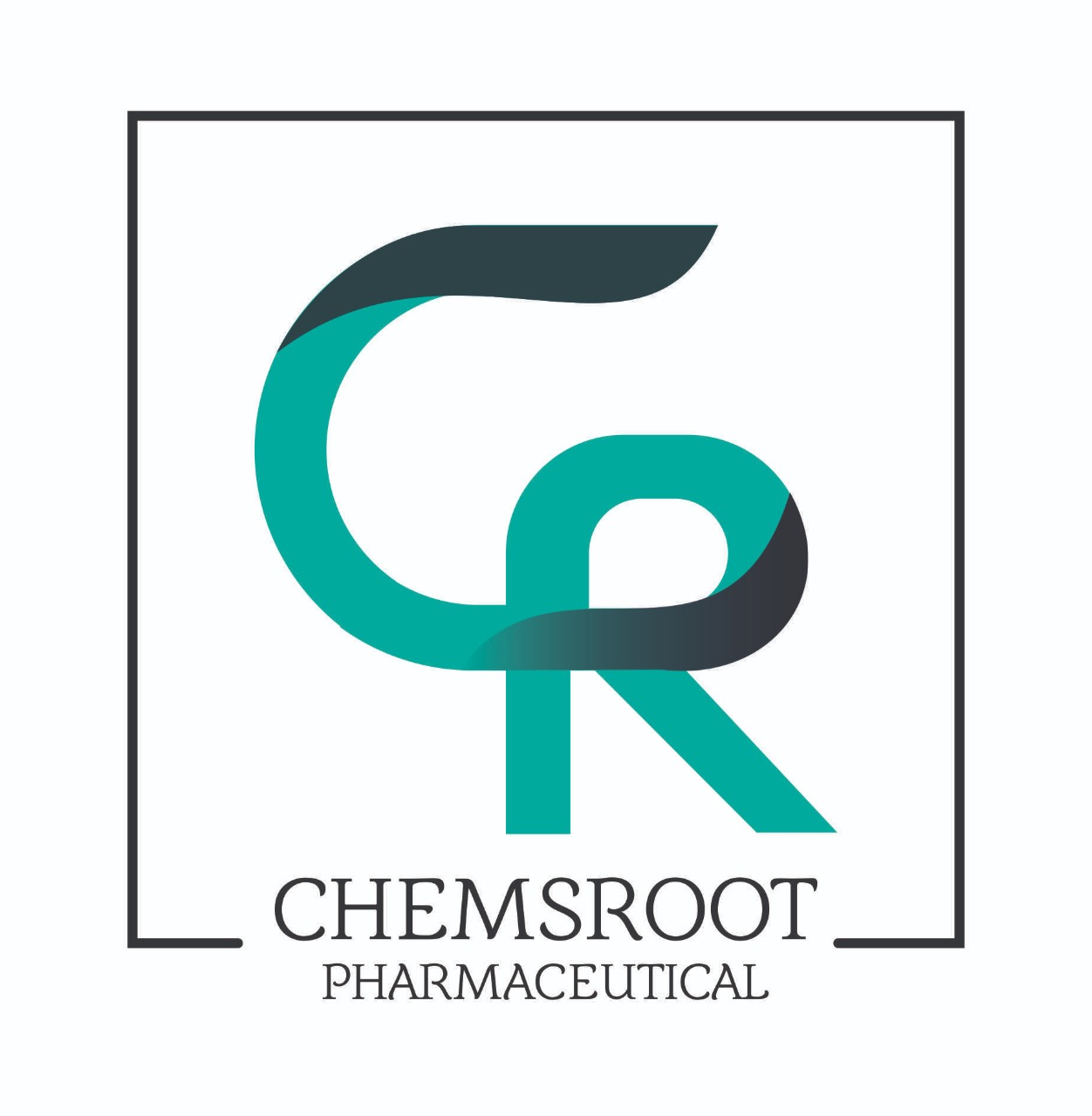Understanding Co-Manufacturing and Third-Party Manufacturing
- Home
- Uncategorized
- Understanding Co-Manufacturing and Third-Party Manufacturing
Understanding Co-Manufacturing and Third-Party Manufacturing
Introduction:
In today’s complex and dynamic business landscape, companies often seek efficient ways to streamline their production processes while maintaining quality and cost-effectiveness. Two strategies that have gained significant traction in recent years are co-manufacturing and third-party manufacturing. These approaches offer companies the opportunity to leverage external expertise and resources to bring their products to market. In this article, we delve into what co-manufacturing and third-party manufacturing entail, their key differences, advantages, challenges, and best practices.
What is Co-Manufacturing?
Co-manufacturing, also known as contract manufacturing or outsourcing, involves collaborating with another company to produce goods jointly. In this arrangement, both parties typically share resources, facilities, and expertise to manufacture products. Co-manufacturing agreements can range from simple partnerships to more complex arrangements where one company handles specific stages of production while the other manages others.

Co-manufacturing offers several advantages, including:
- Access to Specialized Expertise: Companies can tap into the specialized knowledge and capabilities of their co-manufacturing partner, particularly in areas where they lack proficiency or resources.
- Scalability: Co-manufacturing enables companies to scale production quickly in response to market demand without significant capital investment in infrastructure or equipment.
- Cost Savings: By sharing production costs with a partner, companies can achieve economies of scale, lower production costs, and potentially improve profit margins.
- Focus on Core Competencies: Outsourcing production allows companies to focus on their core competencies, such as product development, marketing, and distribution, while leaving manufacturing to experts.
- Risk Mitigation: Sharing production responsibilities with a reliable partner can help mitigate risks associated with supply chain disruptions, capacity constraints, or market fluctuations.
What is Third-Party Manufacturing?
Third-party manufacturing, often referred to as toll manufacturing or private label manufacturing, involves outsourcing the entire production process to an external manufacturer. In this arrangement, the client company provides the product specifications, formulas, and branding, while the third-party manufacturer handles the actual production. Third-party manufacturers may produce goods for multiple clients, often under different brand names, allowing companies to focus solely on marketing and sales.
Key Differences between Co-Manufacturing and Third-Party Manufacturing:
While co-manufacturing and third-party manufacturing share similarities, they differ in several key aspects:
- Degree of Collaboration: Co-manufacturing involves a collaborative partnership between two companies, with shared responsibilities and resources, whereas third-party manufacturing entails a more arms-length relationship, with the client company outsourcing production entirely to the third-party manufacturer.
- Control and Ownership: In co-manufacturing, both parties typically retain some level of control and ownership over the production process and intellectual property rights. In contrast, in third-party manufacturing, the client company maintains ownership of the product design, branding, and intellectual property, with the third-party manufacturer acting as a service provider.
- Branding and Marketing: In co-manufacturing, companies may choose to co-brand products or maintain separate branding identities, depending on the agreement. In third-party manufacturing, the client company’s brand is prominently featured on the product, with the third-party manufacturer operating behind the scenes.
- Customization and Flexibility: Co-manufacturing arrangements often allow for greater customization and flexibility in production processes, formulations, and packaging, tailored to the specific needs of both parties. Third-party manufacturing, on the other hand, may offer less flexibility as the client company relies on the capabilities and facilities of the third-party manufacturer.
Advantages and Challenges of Co-Manufacturing and Third-Party Manufacturing:
Both co-manufacturing and third-party manufacturing offer unique advantages and pose certain challenges:
Advantages of Co-Manufacturing:
- Access to specialized expertise and resources
- Scalability and flexibility in production
- Cost savings through shared resources and economies of scale
- Risk mitigation through partnership and shared responsibilities
- Opportunities for innovation and collaboration
Challenges of Co-Manufacturing:
- Complex negotiations and agreements
- Dependency on partner’s performance and reliability
- Coordination and communication challenges between parties
- Intellectual property protection and confidentiality concerns
- Potential for conflicts of interest or competitive pressures
Advantages of Third-Party Manufacturing:
- Streamlined production process with minimal involvement
- Cost savings through outsourcing of manufacturing operations
- Focus on core competencies such as marketing and sales
- Access to specialized facilities and equipment
- Ability to enter new markets quickly with private label products
Challenges of Third-Party Manufacturing:
- Limited control over production processes and quality assurance
- Dependency on third-party manufacturer’s capabilities and capacity
- Branding and reputation risks if quality standards are not met
- Intellectual property protection and confidentiality concerns
- Communication and alignment of expectations with the third-party manufacturer
Best Practices for Successful Co-Manufacturing and Third-Party Manufacturing Relationships:
To maximize the benefits and mitigate the challenges associated with co-manufacturing and third-party manufacturing, companies should adhere to the following best practices:
- Clearly define roles, responsibilities, and expectations in written agreements.
- Establish open and transparent communication channels between all parties involved.
- Conduct thorough due diligence when selecting co-manufacturing or third-party manufacturing partners.
- Invest in quality assurance and control measures to ensure product consistency and compliance.
- Protect intellectual property rights through confidentiality agreements and legal safeguards.
- Maintain flexibility and adaptability to accommodate changes in market demand or product requirements.
- Foster a collaborative and mutually beneficial relationship with manufacturing partners through regular feedback and performance evaluations.
- Continuously monitor and evaluate the effectiveness of the manufacturing arrangement to identify areas for improvement and optimization.
Conclusion:
Co-manufacturing and third-party manufacturing offer viable strategies for companies looking to optimize their production processes, reduce costs, and focus on core competencies. By understanding the differences, advantages, challenges, and best practices associated with these manufacturing approaches, companies can make informed decisions and forge successful partnerships that drive innovation, growth, and competitive advantage in today’s global marketplace.
Book your batch now and apply for third party manufacturing.
Contact Details:
Name: Chemsroot Pharmaceuticals
Phone: +91 8699504069, +91 8699154069
Address: 759/19 SECTOR 13 CHANDIGARH 160101
www.chemsroot.com
Email: chemsrootpharmaceuticals@gmail.com


